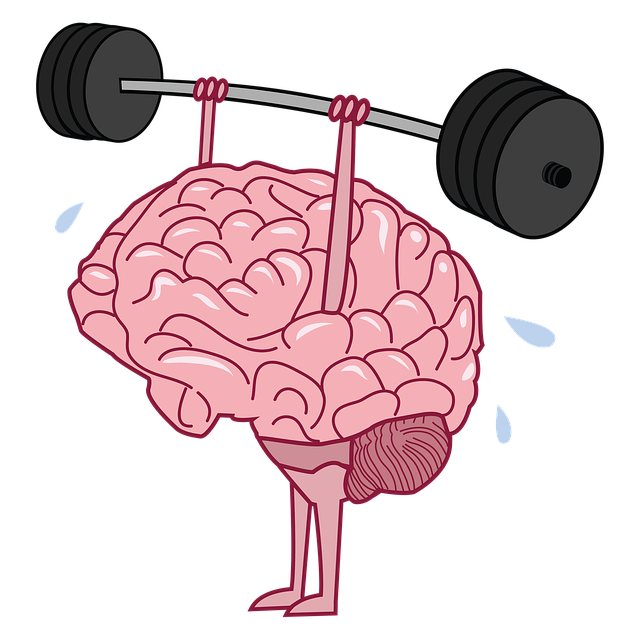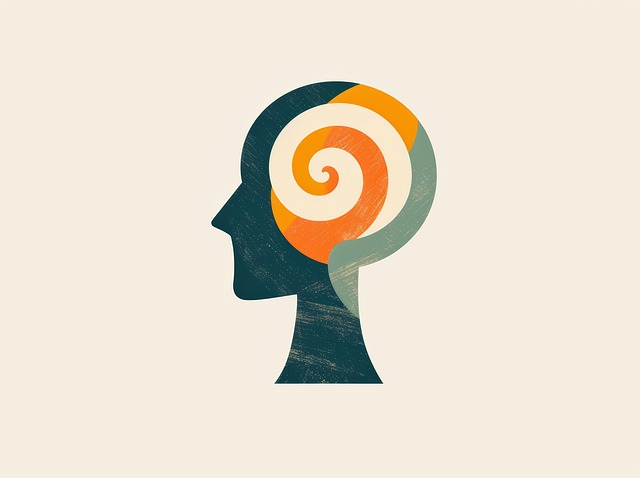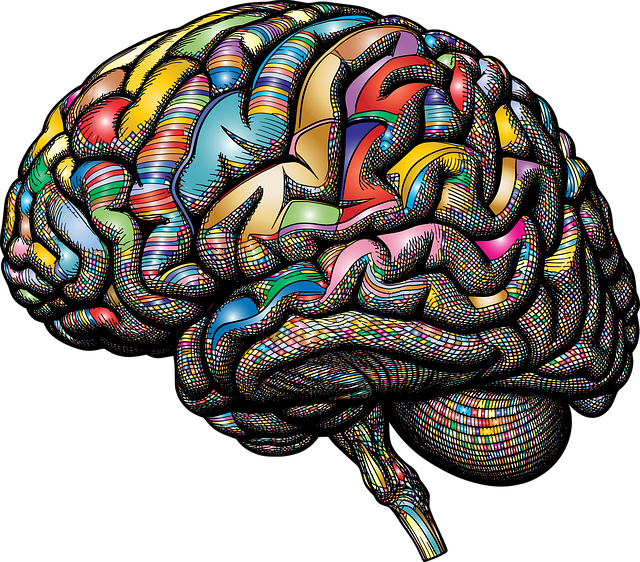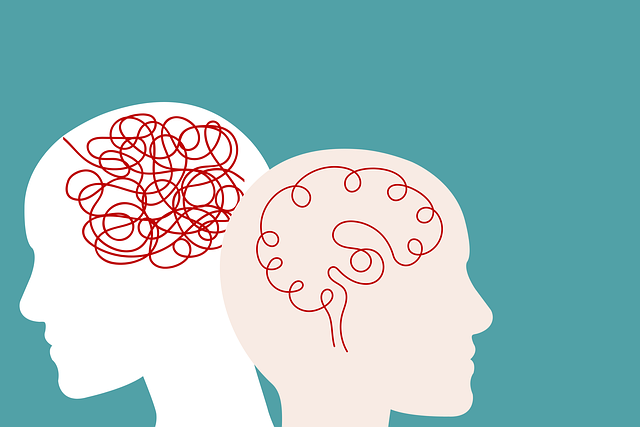Children experience stress like adults, triggered by academic pressure, social interactions, routine changes, or major life events. Lafayette Children Therapy focuses on early intervention and emotional regulation techniques to help parents recognize these signs. They offer strategies like structured routines, open communication, relaxing activities, and professional guidance from specialized therapists. Through mindfulness, cultural sensitivity, conflict resolution tools, and trauma support, Lafayette Children Therapy empowers kids with lifelong skills for managing stress and building resilience.
Stress reduction is a vital aspect of child development, and identifying effective methods can empower parents and caregivers. This article explores the complex world of childhood stress, delving into common triggers and signs that may go unnoticed. We present evidence-based strategies to help young minds manage stress, promoting resilience and overall well-being. Furthermore, we highlight the transformative role of Lafayette Children’s Therapy in providing tailored solutions for children’s mental health.
- Understanding Stress in Children: Common Triggers and Signs
- Effective Strategies for Reducing Stress in Young Minds
- The Role of Lafayette Children's Therapy in Promoting Resilience
Understanding Stress in Children: Common Triggers and Signs

Children, just like adults, can experience stress, and it’s crucial for parents and caregivers to recognize the signs and triggers that might impact a child’s emotional well-being. Stress in children can stem from various sources, often linked to their unique personalities, environments, and life experiences. Common triggers include academic pressure, social interactions, changes in routines, or even major life events like moving houses or losing a loved one. These stressors can manifest in different ways, with signs such as irritability, withdrawal, changes in appetite, or difficulty concentrating.
At Lafayette Children Therapy, we understand the importance of early intervention and emotional regulation techniques to support children’s positive thinking and overall mental health. By identifying stress triggers, parents and caregivers can implement effective strategies to promote their child’s emotional well-being. This may involve creating structured routines, encouraging open communication, engaging in relaxing activities, or seeking professional guidance from therapists who specialize in childhood mental health.
Effective Strategies for Reducing Stress in Young Minds

Stress reduction is a vital aspect of mental well-being, especially for young minds navigating the challenges of school, peer relationships, and personal expectations. Lafayette Children’s Therapy offers effective strategies tailored to address stress in children and adolescents, fostering resilience and emotional balance. One key approach involves teaching mindfulness techniques, such as deep breathing exercises and guided meditation, which help young individuals cultivate awareness and manage their responses to stressful situations.
Additionally, integrating cultural sensitivity in mental healthcare practice is essential. Understanding and respecting diverse cultural backgrounds can create a safer and more inclusive environment for children to express their feelings. Conflict resolution techniques, often incorporated into therapy sessions, empower them to handle disagreements constructively, reducing stress related to interpersonal conflicts. Trauma support services are also crucial, providing specialized care for those who have experienced adverse events, ensuring they receive the necessary tools to cope and heal.
The Role of Lafayette Children's Therapy in Promoting Resilience

Lafayette Children’s Therapy plays a pivotal role in equipping young individuals with essential tools to navigate life’s challenges and build resilience. Through tailored interventions, this therapy goes beyond addressing immediate concerns by fostering self-awareness exercises that empower children to understand and manage their emotions effectively. By integrating these practices into daily routines, kids gain a sense of control, enhancing their ability to cope with stress and adversity.
Moreover, Lafayette Children’s Therapy prioritizes Healthcare Provider Cultural Competency Training to ensure sensitive and effective care. This training equips professionals with the knowledge to address diverse cultural needs, making therapy inclusive and relevant to all children. Additionally, they offer Mental Wellness Journaling Exercise Guidance, encouraging kids to express their thoughts and feelings in a safe, structured environment. This reflective practice not only improves self-expression but also deepens understanding of personal triggers and coping mechanisms.
In conclusion, understanding and effectively managing stress in children is a vital aspect of their holistic development. By recognizing common triggers and signs, parents and caregivers can employ powerful strategies to reduce stress in young minds. Lafayette Children’s Therapy plays a crucial role in fostering resilience by providing specialized therapy options tailored to each child’s unique needs, ensuring they thrive in a supportive environment.










